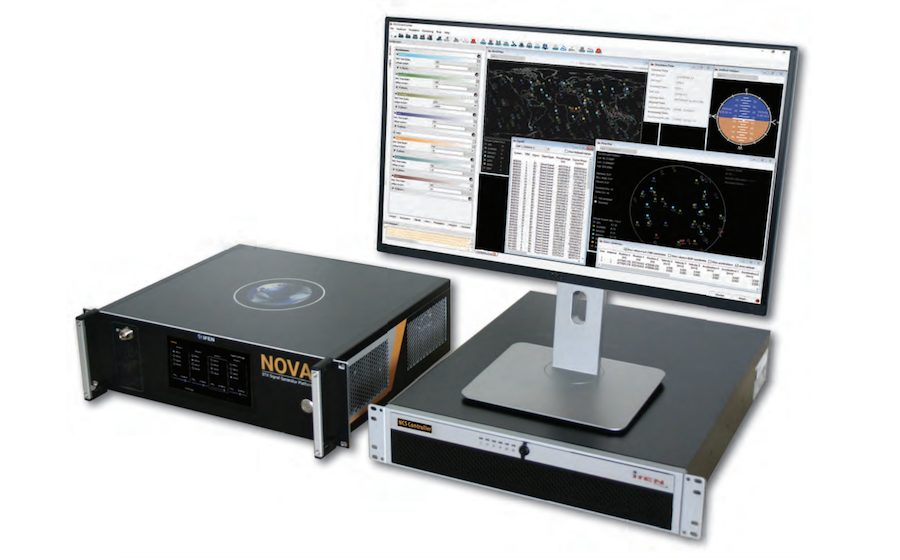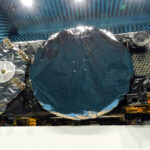IFEN GmbH announced that its NCS NOVA GNSS Simulator fully supports the simulation of Galileo Open-Service (OS) signal improvements based on the new Galileo OS SIS ICD V2.0. This is an important capability because the improved signals are not due to be broadcast until 2023, but can be incorporated now in GNSS receiver manufacturer testing regimes.
Among other updates, three new features are introduced to the I/NAV message transmitted on the Galileo E1-B signal component: Reduced Clock and Ephemeris Data (RedCED); Reed-Solomon Outer Forward Error Correction Data (FEC2); and Secondary Synchronization Pattern (SSP).
IFEN’s NCS NOVA GNSS Simulator is a high-end satellite navigation testing and R&D device, capable of multi-constellation and multi-frequency simulations for a wide range of GNSS applications.
A new key enhancement to the NCS NOVA GNSS Simulator is comprehensive support of new Galileo OS signal message improvements on E1B. By enabling real-time simulation of the Galileo OS message improvements, the NCS NOVA GNSS Simulator expands a user’s Galileo signal capability. The NCS NOVA GNSS Simulator will in future also fully support the new Galileo E1B OS-Navigation Message Authentication (OS-NMA) and Galileo E6B High Accuracy Service (HAS) capabilities.
The GNSS simulator enhancements were developed through ESA’s Navigation Innovation and Support Programme’(NAIVSP) Element 2. “Through a simple software update, NCS NOVA GNSS Simulator customers can automatically generate the new Galileo signal capabilities”, said Dr. Günter Heinrichs, Head of Client Solutions at IFEN.






